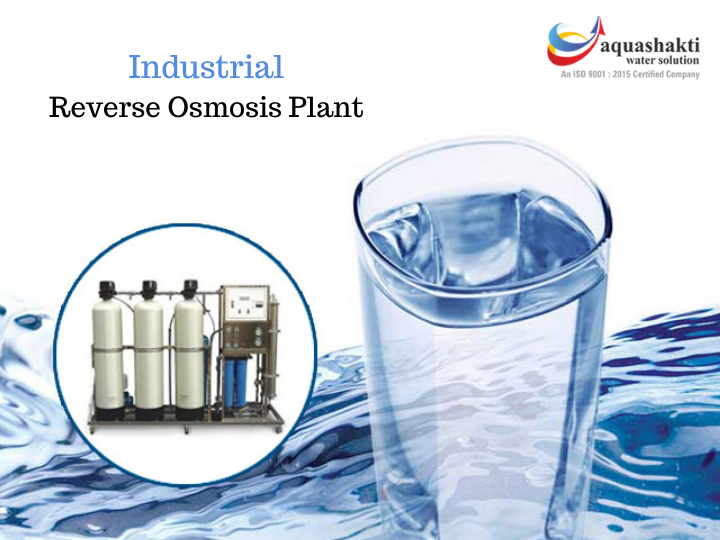Being a human, access to safe and adequate drinking water is a basic right and essential for health. In the modern era when the population of Indian villages and cities is growing rapidly, the supply of adequate and healthy water is a big question.
In this regard, different government bodies are making their efforts with the help of RO plant manufacturers to ensure the safe and adequate supply of drinking water for everyone.
General Principles and Considerations:
Safe water can be defined as water that does not show any specific risks to the health over life time consumption. Peoples with specific disabilities, infants, and the elderly are at high risk to get affected by waterborne illnesses. Here are some basic aspects related to safe water:
Microbiological Aspects:
Assuring the safety of water from microbial contamination depends upon the catchment of water and supply to the consumer, to prevent the contamination levels that can be injurious to health. The microbial safety can be increased by using multiple barriers like the security of water resources, by using proper method for operations, and by following the guidelines laid out by different reverse osmosis plant manufacturers.
Water contaminated with animal and human faces can be worst for human health. Except human faces other bacteria like legionella and cyanobacteria can also cause severe health damages.
To avoid from all these risks RO plant treatment is considered as the best due to the use of infra-red radiations by in manufacturing of RO plant.
Disinfection:
Disinfection is referred to the destruction of all possible pathogens in water by chemicals. This method is also helpful in removing fecal contamination. Use of chemicals is considered as the best procedure for disinfection but Chemical disinfection is not enough to remove all pathogens, especially pathogens with particles and flocks.
For this purpose, a series of well-managed strategies is required which includes filtration, chemical disinfection, use of UV radiations, and then activated charcoal. By keeping all these steps in mind RO water purification system could be the best, easily available and cost effective for water purification.
Chemical Aspects of Water:
There are many chemicals that can dissolve in water and after drinking can seriously damage the health of consumers. Here are some chemicals that can impose major health hazards and these chemicals include fluoride, arsenic, nitrates, selenium, and lead.
- Fluoride is very harmful and its long time exposure can cause mottling of teeth and in some cases can lead to skeletal fluorosis.
- Arsenic exists naturally but its long time exposure can lead to higher risks of skin lesions and cancer as well.
- Nitrates usually coming by the leaching of waste water full of chemicals can cause neurological disorders in infants.
- Other naturally existing chemicals like selenium and lead are also very harmful but due to fewer chances of exposure with water, there are rare cases of waterborne illness by these chemicals.
RO plant manufacturers use pressure technology to force the water molecule through a semipermeable membrane which only allows water molecules inhibiting the passage of any other chemical.
According to some researches, water-borne diseases caused 10738 deaths in the last five years in India. Investments in providing adequate and safe water can also be helpful for net economic benefit by reduction of health care costs.








